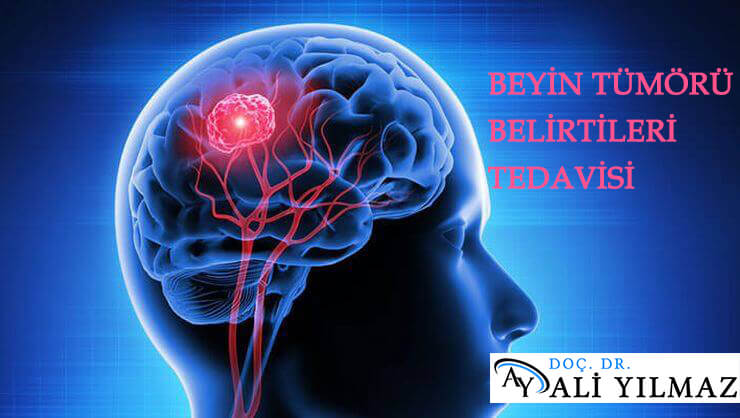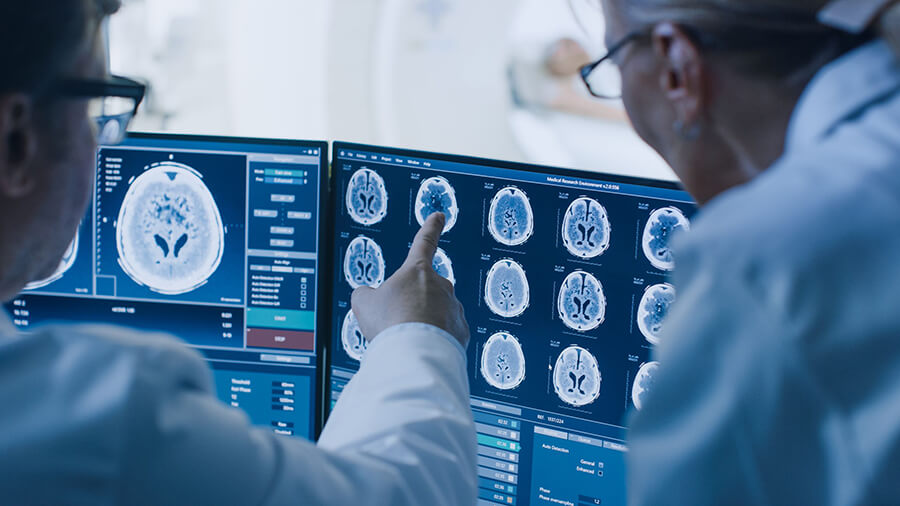
Brain Tumors
Metastasis to the brain from tumors arising directly from brain tissue, nerves arising from the brain, membranes surrounding the brain, skull bone or other organs can be caused by it doing so, that is, spreading to the brain. They are divided into benign (benign) and malignant (malignant). Benign tumors are slow growing tumors and postoperative recurrence rates are very low. Generally, postoperative chemotherapy or radiotherapy, i.e. an additional postoperative treatment is not necessary. Malignant tumors are fast growing tumors and are likely to recur after surgery. Usually additional treatments after surgery (chemotherapy or radiotherapy).

BRAIN SURGERY AND TECHNOLOGY
Advanced technology products used in brain tumor surgeries increase the success of the surgeon and patient comfort to the highest levels. In the “neuronavigation” device, infrared camera recordings obtained from the patient's previously taken MRI images and the head position fixed on the operating table matching information with each other gives us a three-dimensional map of our brain. This map, matched with MRI images, allows us to access the deepest regions of the brain. It is possible to easily intervene even in very small tumors. Considering the damage that even a few millimeters of error can cause to normal brain tissue, we can better understand the importance of the advantage this technology provides.
Neuromonitoring is an assistive technology to minimize the possibility of unwanted and unexpected damage to brain tissues. This procedure consists of measuring electrical waves during the operation, starting from the cerebral cortex and ending in the limbs. Small electrical impulses from the skull responses are recorded from the arms and legs. If there is a decrease or loss of these waves during the surgery, the tumor is removed from that part of the brain completely. As a result, technology provides very important advantages in brain tumor surgeries.
For information and treatment, you can contact Associate Professor Dr. Ali Yilmaz here.